Columns
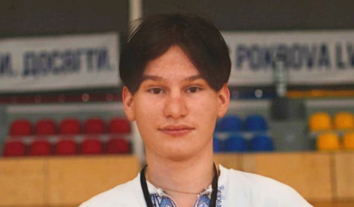
“I hear your anger, your dreams, and your hope”: a letter to a peer under occupation from a 10th grader from the Kherson region
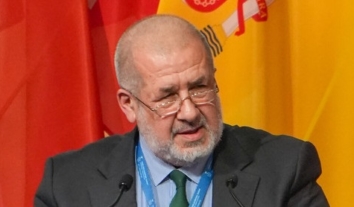
No one should ever be allowed to violate the rights of Indigenous peoples
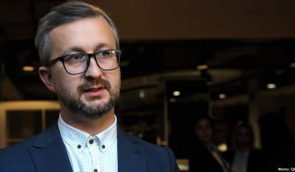
What does just peace mean for Ukraine and why does Crimea remain a fundamental issue?
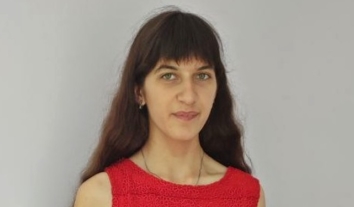
“The number is not answering, but I can hear you”: A letter to a peer in occupation from a 10th grade student
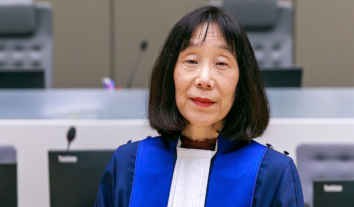
Justice cannot be subject to political pressure
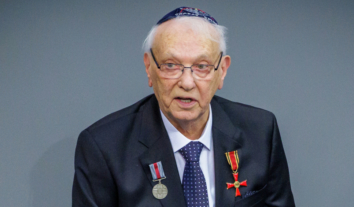
Putin tries to exterminate us as a nation, as Hitler tried to exterminate the Jewish people during World War II
All columns
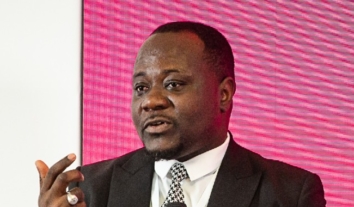
Why African countries believe Russian propaganda and how to prevent it
It is astonishing that we are compelled to such lengths to elucidate the position of the victim, as if it required justification – a nation under daily bombardment. Victims should not bear the burden of explaining their position. It is incumbent upon us to exert every effort to secure justice. This is not a matter of ideology, but of fundamental humanity, Raymond Acquah said.
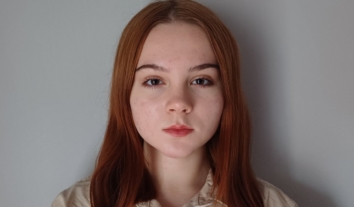
“You promised to stay alive”: a letter to a peer in occupation
ZMINA has published a letter by a 9th-grade, Karina Hryzlyuk, a student from the Municipal Institution "Lyceum of Natural Sciences" of the Kropyvnytskyi City Council, which won second place in the competition
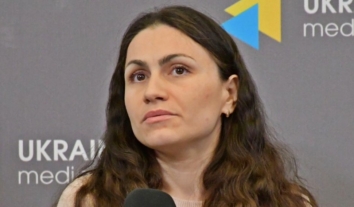
Why it is important to compile a blacklist of officials involved in human rights violations in Crimea
Through politically motivated persecutions, arbitrary imprisonment in trumped-up criminal cases, illegal house searches and trials in the occupied Crimea, deportations of political prisoners and ignoring their situation in detention, Russia systematically violates its obligations under international humanitarian law and international human rights law
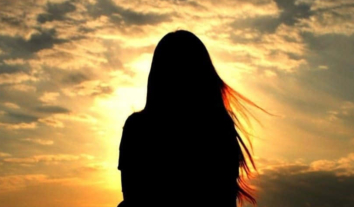
After the rain always comes the rainbow: a letter from a 9th grader in Luhansk Oblast to a peer in occupation
I am deeply sorry that our city is occupied, or as some residents say – "liberated." If you think about it: liberated from what? From civilized life?!
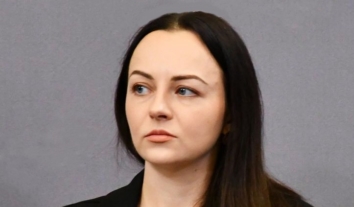
More than 60 Crimean political prisoners are already in need of urgent medical care: How to solve this problem
The main problem that political prisoners face behind bars is that they are systematically denied medical care; in particular, prisoners with disabilities, the elderly, and those who have chronic diseases or have been tortured and have acquired serious illnesses as a result of inhuman conditions of detention, ZMINA human rights advocate Viktoria Nesterenko states
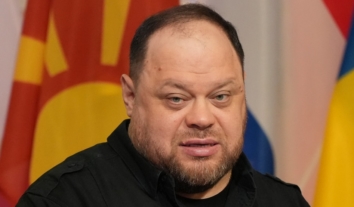
Ukrainian parliament appeals for NATO membership as foundation for lasting peace
Ruslan Stefanchuk emphasised the historical parallels between Soviet-Russian occupation and Russia's modern-day aggression against Ukraine. He pointed out that Latvia, having experienced occupation and deportations, understands the tragic history of the Crimean Tatars and, by supporting Ukraine, becomes an integral part of the Crimea Platform

Ukraine rejects “pacifying the aggressor” as a path to peace
Refat Chubarov urged continued use of the Ukrainian Peace Formula to increase political and diplomatic pressure on dictator Putin and his supporters
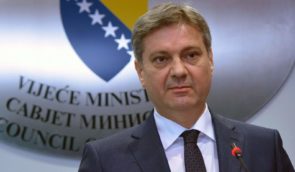
“Appeasement never works”: Lessons from Bosnia’s post-war justice
Dr. Denis Zvizdić emphasised the importance of establishing an international tribunal to hold accountable all those who committed war crimes on Ukrainian territory, as well as the need to restore an international order based on rules and sanctions
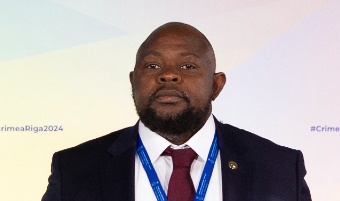
Liberia demands Russia immediately halt aggression and restore Crimea to Ukraine
Michael Thomas reminded that it is stated in the United Nations Charter that all member states shall be free in their international relations from the threats of the use of aggressive force against their territorial integrity and sovereignty
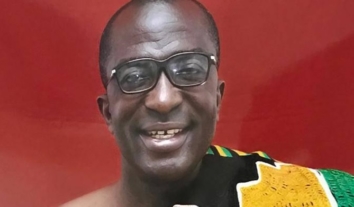
Africa faces vulnerabilities from Russia’s war on Ukraine
Andrew Asiamah Amoako reaffirmed that the Government of Ghana stands in solidarity with the authorities and people of Ukraine, and agrees that Russia must be held accountable for all the crimes committed on Ukrainian territory
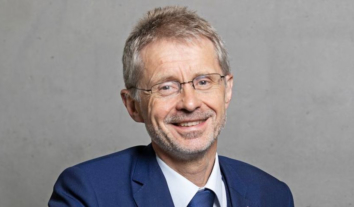
The only way for evil to win is for good people to do too little
A part of European countries lived in error. They mistakenly believed that lasting coexistence with non-democratic nations could be secured through economic cooperation, rooted in mutual economic interests
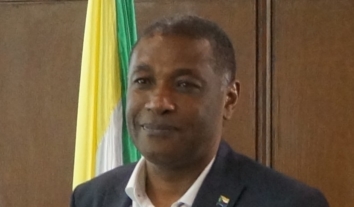
Comoros supports Ukraine’s territorial integrity
Moustadroine Abdou, President of the Union of the Comoros, stated that Ukraine’s fight for justice, fairness, and respect for the law is legitimate and must be effectively supported
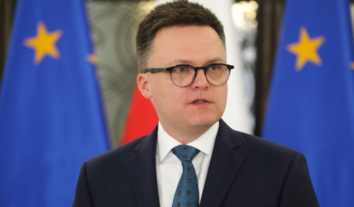
When in doubt, stand with the victim, not the aggressor
Szymon Hołownia stressed that the Russian occupation of Crimea violates international law, and the world must not stay silent in the face of this crime. Hołownia urged the international community to continue supporting Ukraine, as resilience and solidarity are crucial to achieving peace and security
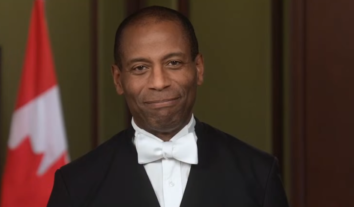
Global unity is key to peace
Russia's aggression reminds us that we can never take our democracies and our multilateral cooperation for granted, and that we must remain united, Greg Fergus, Speaker of the House of Commons of Canada, stated
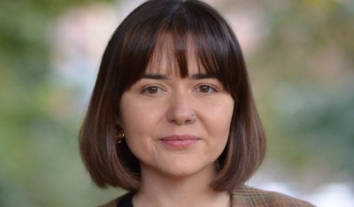
Rapid response to discrimination against LGBTIQ people at work: How can companies protect their employees?
As a queer person who is open about his or her orientation, I can say that constant control over what you say, post, and who you communicate with creates pressure. This not only affects your mental state, but also reduces productivity, because energy is spent on self-control rather than on work tasks
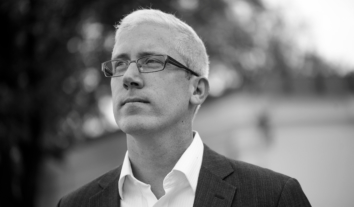
Understanding Russia’s colonial aspirations is key to peace talks
Rory Finnin insists, when discussing peace in Ukraine, it's impossible to ignore the historical context. The Crimean Peninsula, home to Crimean Tatars for centuries, has become a symbol of Russian imperial ambitions. Understanding this complex history is crucial for countering Kremlin propaganda and finding ways to justly resolve the conflict
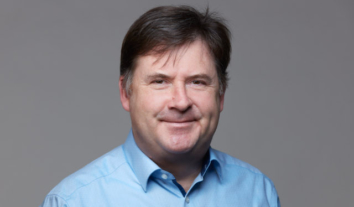
Russia’s іmperial ambitions: How control of Crimea shapes the future of Eastern Europe
We must learn from the Minsk and Normandy processes. Russia has historically used peace talks to undermine partners and prepare for future conflicts. The international community must maintain consensus and prioritize Ukraine's sovereignty, Prof. Wilfried Jilge stated
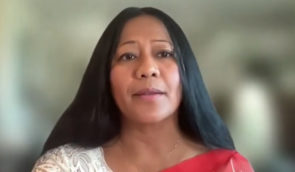
“Not alone”: indigenous peoples unite in struggle against global conflicts
Speech at the Expert Forum of Crimean Platform by Binalakshmi Nepram, Senior Advisor on Indigenous Issues, United States Institute of Peace; Expert on Global Indigenous People Alliance, Gender Justice, and Peace
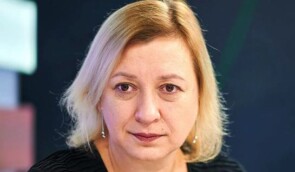
Six most common Russian propaganda narratives used against Ukrainians
Russian propaganda employs various narratives to justify aggression against Ukraine and dehumanize Ukrainians. The narratives include labeling Ukrainians as Nazis, terrorists, and enemies of the state, using World War II archetypes, religious dehumanization, and vertical propaganda structures, all aimed at legitimizing the destruction of Ukrainians in the minds of Russians
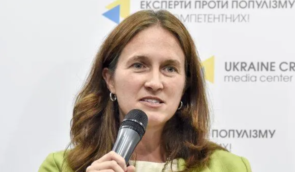
Working in the occupied territories: what international humanitarian law says about it
Noel Calhoun, Deputy Head of the UN Human Rights Monitoring Mission, spoke about international standards that should be applied to the temporarily occupied territories during the Docudays UA discussion, "Educators, doctors, and public utilities in the occupied territories—whom does Ukraine consider collaborators, and is it fair?"




